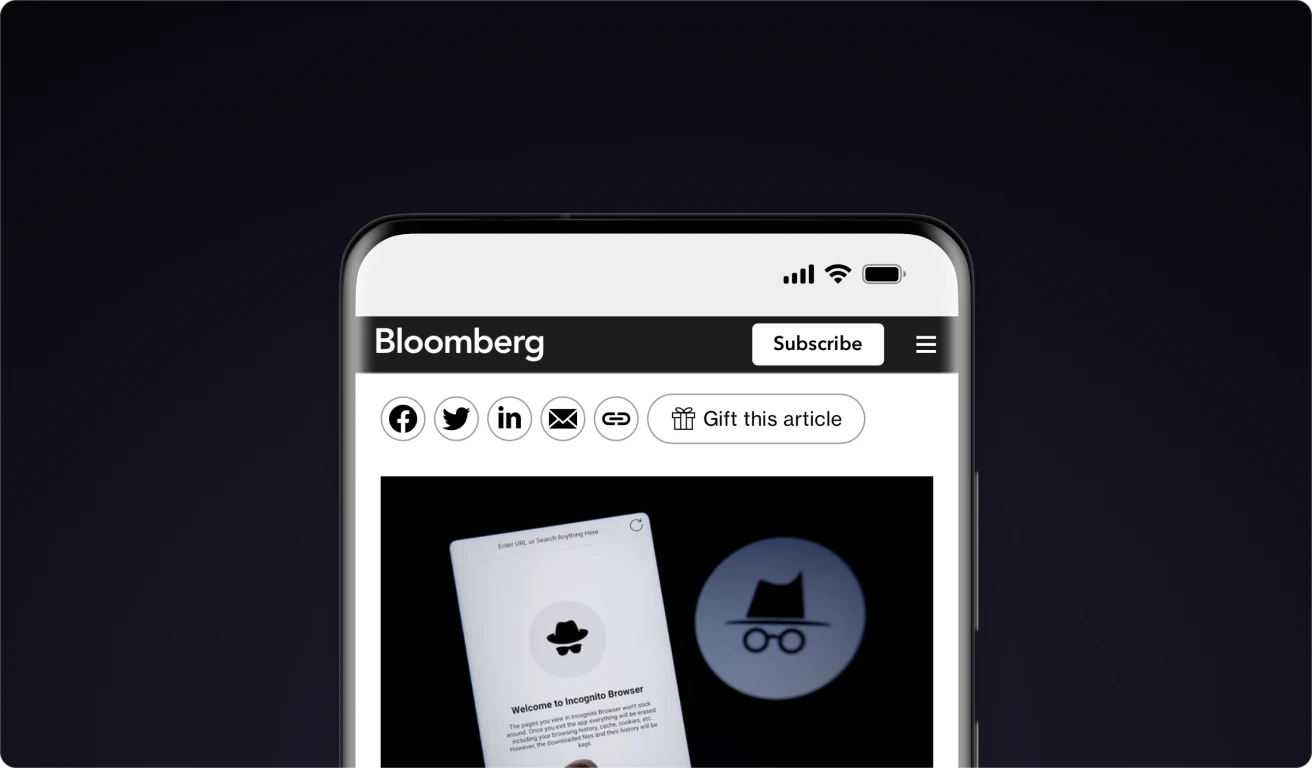In a recent article by Bloomberg, the integrity of Google’s Incognito Mode — a feature many presumed shielded their browsing habits from prying eyes — has come under severe scrutiny. An internal email exchange, made public in a significant lawsuit, raises questions about the true privacy afforded by Google’s Incognito Mode, suggesting a gap between user expectations and the reality of Google’s practices.
The Lawsuit at the Heart of the Matter
At the center of this controversy is a consumer lawsuit that could potentially bring Google to account for billions in damages. The litigation challenges the notion that Google’s Incognito Mode offers the level of privacy users have been led to believe, with internal communications from Google’s own staff indicating a recognition that the feature falls short of being “truly private.”
Documents unearthed in the lawsuit, including a candid email from Google’s marketing chief, hint at an internal acknowledgment of Incognito Mode’s limitations. These revelations include discussions among employees about the misleading nature of the feature’s privacy assurances and proposals to more accurately describe its functionality to users—suggestions seemingly dismissed by higher-ups in favor of maintaining the status quo.
A Mismatch Between Promise and Practice
The article by Bloomberg sheds light on a critical issue: the discrepancy between Google’s privacy promises and its actions. Despite Google’s stance that Incognito Mode provides a “private browsing experience,” evidence suggests that the company continues to track data in ways users might not expect or consent to. This practice not only misleads users but also erodes trust in Google’s commitment to user privacy.
Incognito Browser: A True Advocate for Privacy
In contrast to Google’s ambiguous privacy measures, Incognito Browser stands as a protector of true online anonymity. Our browser is designed from the ground up to respect user privacy, ensuring that all data — including history, cookies, and sessions—are completely erased upon exiting the app. We maintain a transparent privacy policy with protection against data tracking, providing a genuinely private browsing environment without first or third-party trackers. Learn more about our privacy features.
The unfolding narrative around Google’s Incognito Mode emphasizes the need for transparent, reliable privacy tools. Users deserve to navigate the web with the assurance that their data is protected and their privacy respected — a commitment Incognito Browser takes seriously. As we navigate the complexities of internet privacy, it’s clear that actions speak louder than words. Incognito Browser remains dedicated to delivering a secure browsing experience that users can trust.
A Call for Accountability
The lawsuit against Google’s Incognito Mode serves as a stark reminder of the importance of holding tech giants accountable for their promises to users. As we advocate for a more private and secure digital world, Incognito Browser continues to lead by example, prioritizing user privacy above all else.



